Home>Dining>Tableware>Which Is Better: Round Or Rectangular Dining Table?
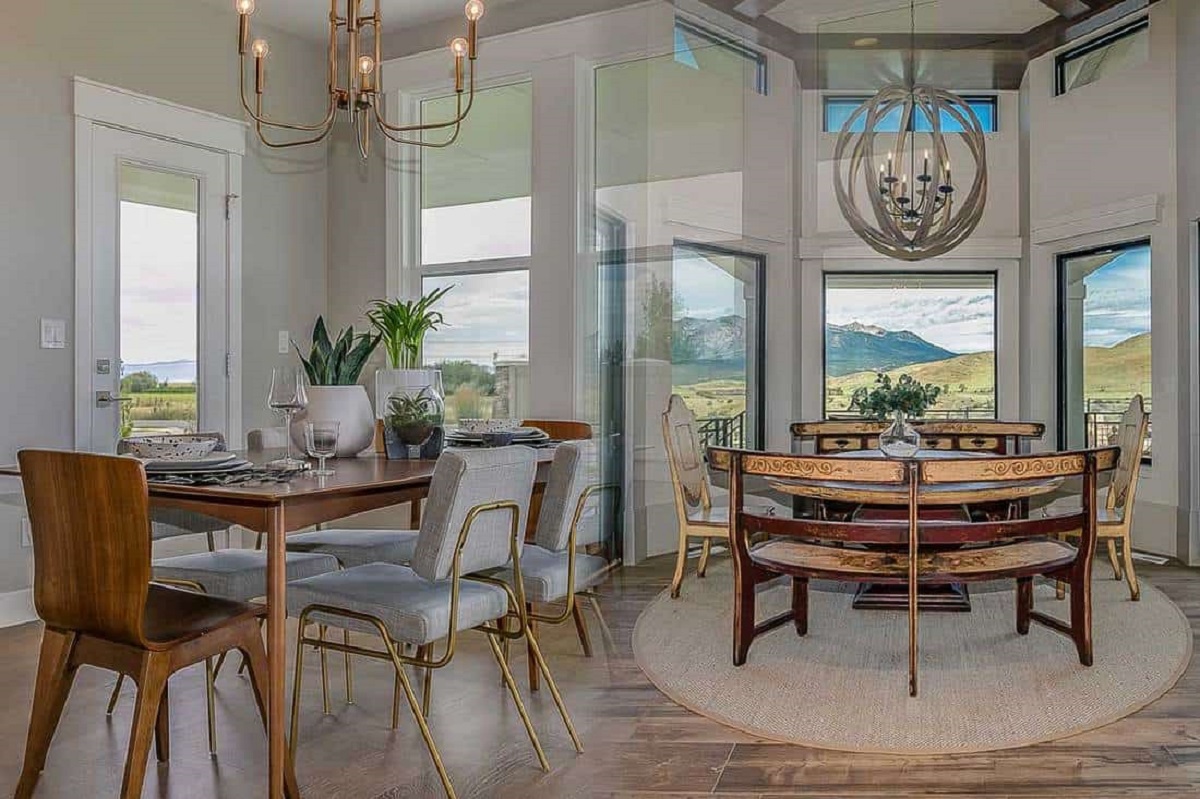

Tableware
Which Is Better: Round Or Rectangular Dining Table?
Modified: December 7, 2023
Discover the pros and cons of round and rectangular dining tables and find the perfect tableware for your dining room. Make the right choice for your space and style!
(Many of the links in this article redirect to a specific reviewed product. Your purchase of these products through affiliate links helps to generate commission for Storables.com, at no extra cost. Learn more)
Introduction
When it comes to choosing a dining table, one of the primary considerations is the shape. The two most popular options are round and rectangular dining tables. Both shapes have their own unique features and advantages, and the choice ultimately depends on your personal preferences and the dynamics of your space.
In this article, we will explore the factors to consider when choosing between a round or rectangular dining table. We will delve into the pros and cons of each shape, as well as provide a comprehensive comparison to help you make an informed decision.
Whether you are furnishing a small apartment, a large dining room, or even an outdoor space, understanding the characteristics and benefits of round and rectangular dining tables can guide you towards selecting the best option for your needs.
So, let’s dig in and explore the differences between round and rectangular dining tables, and ultimately determine which shape is better suited for your space and lifestyle.
Key Takeaways:
- Round dining tables are perfect for creating an intimate and inclusive dining experience, ideal for smaller spaces and casual gatherings. Their space-saving design and elegant aesthetic make them a versatile choice for various room layouts.
- Rectangular dining tables offer ample seating capacity, flexibility in dining arrangements, and a classic, sophisticated look suitable for larger gatherings and formal occasions. Their versatility and storage options make them a practical choice for families and those who love to entertain.
Factors to Consider
Before delving into the specifics of round and rectangular dining tables, it’s important to consider a few key factors that can influence your decision:
- Space: The size and layout of your dining area play a crucial role in determining the shape of the table that will best fit the space. Take measurements and consider how much room you have for dining furniture, as well as how much space you want to leave around the table for ease of movement.
- Number of People: Consider the average number of people you expect to accommodate at your dining table. If you frequently entertain large groups or have a big family, a rectangular table may be a better choice, as it typically provides more seating capacity.
- Usage: Think about how you plan to use the dining table. If your meals are usually casual and intimate, a round table can create a more intimate and cozy atmosphere. On the other hand, if you often host formal dinner parties or need a surface for other activities, such as working or crafting, a rectangular table offers more versatility.
- Style and Aesthetics: Consider the overall style and aesthetic of your space and how the shape of the dining table can complement or enhance it. Round tables often have a more contemporary or traditional look, while rectangular tables lend themselves well to a classic or modern style.
- Interaction: Think about how the shape of the dining table can affect social interaction and conversation flow during meals. Round tables are known for promoting inclusivity and easier conversation among all diners, while rectangular tables may create a more linear seating arrangement.
By considering these factors, you can better assess which shape will be the most practical and visually pleasing for your dining area. Now, let’s move on to explore the features and benefits of round dining tables.
Round Dining Tables
Round dining tables have a distinct charm and offer several advantages that make them a popular choice for many households. Here are some key features of round dining tables:
- Inclusive Seating: One of the major benefits of a round dining table is that it promotes inclusive seating. With no head or foot of the table, everyone has an equal placement, which encourages easier conversation and interaction among all diners. This can create a more intimate and social dining experience.
- Saves Space: Round tables are more space-efficient compared to rectangular tables. Their compact design eliminates sharp corners, allowing for better traffic flow in smaller dining areas. This makes round tables a great choice for apartments, smaller dining rooms, or even outdoor spaces where space is limited.
- No Sharp Corners: If you have small children or are concerned about accidental bumps and injuries, a round table is a safer option. The absence of sharp corners reduces the risk of accidents and provides peace of mind, particularly for families with young kids.
- Aesthetic Appeal: Round dining tables can lend an elegant and stylish look to your dining area. Their smooth curves and balanced proportions add a touch of sophistication and can easily become a focal point in your space. Additionally, round tables often create a cohesive and harmonious visual flow in the room.
- Versatile Placement: Round tables are versatile in terms of placement. They can fit well in both square and rectangular-shaped rooms, as well as in corners. This flexibility allows you to maximize your dining space and experiment with different arrangements based on your specific needs and room layout.
However, like any furniture piece, round dining tables also have some considerations to keep in mind. We will explore these pros and cons further in the following sections to help you make a well-rounded decision.
Rectangular Dining Tables
Rectangular dining tables are a classic and versatile choice that can complement various interior styles. Here are some key features of rectangular dining tables:
- Ample Seating Capacity: Rectangular tables are known for their generous seating capacity. They provide more surface area and can comfortably accommodate larger groups of people, making them ideal for families or those who frequently entertain guests.
- Flexible Dining Arrangements: The elongated shape of rectangular tables allows for flexible seating arrangements. You can place chairs on the longer sides and even add additional seats at the ends, depending on your needs. This versatility makes rectangular tables suitable for various dining occasions.
- Great for Formal Settings: If you often host formal dinner parties or special occasions, a rectangular table can create an elegant and sophisticated ambiance. The linear design of rectangular tables adds a sense of grandeur and symmetry, perfect for more formal dining settings.
- Offers Storage Options: Rectangular tables often come with extensions or built-in storage options, such as drawers or shelves. These additional features provide convenient storage for tableware, linens, or other dining essentials, helping to keep your dining area organized and clutter-free.
- Works Well in Long, Narrow Rooms: Rectangular tables are particularly well-suited for long, narrow dining rooms or open-concept spaces. Their elongated shape can help visually balance the room and create a sense of harmony. Additionally, rectangular tables can be placed against a wall or in the center of a room, depending on your preferences and space constraints.
Despite their many advantages, rectangular dining tables also have a few considerations to bear in mind. Let’s explore these pros and cons in the following sections to help you evaluate whether a rectangular table is the right choice for you.
Comparison of Round and Rectangular Dining Tables
Now that we have examined the features and benefits of round and rectangular dining tables individually, let’s compare the two shapes side by side to help you make an informed decision:
- Space Utilization: Round tables are more space-efficient, especially in smaller dining areas, as they eliminate sharp corners and allow for better traffic flow. Rectangular tables, on the other hand, offer more surface area and seating capacity, making them ideal for larger gatherings or families.
- Conversation and Interaction: Round tables promote inclusive seating and easier conversation among all diners, making them more suitable for intimate gatherings. Rectangular tables can create a more linear seating arrangement, which may be preferable for formal dinners or situations where individual space is desired.
- Aesthetic Appeal: Round tables have a unique charm and lend themselves well to contemporary or traditional styles. Rectangular tables offer a classic and versatile aesthetic that can complement various interior design themes and provide a sense of elegance.
- Versatility in Placement: Round tables can fit well in different room shapes and can be placed in corners or against walls, offering more flexibility in terms of placement. Rectangular tables are particularly well-suited for long, narrow rooms or open-concept spaces.
- Seating Comfort: Round tables generally provide more legroom and a more intimate dining experience, as there are no sharp corners to contend with. Rectangular tables offer ample surface area and are suited for those who prefer a more spread-out seating arrangement.
- Added Features: Some rectangular tables come with extensions or built-in storage options, which can provide additional functionality and convenience.
Ultimately, the decision between a round or rectangular dining table depends on your personal preferences, the dynamics of your space, and your lifestyle. Consider factors such as the size of your dining area, the number of people you expect to accommodate, your style preferences, and how you envision using the table.
It’s also important to remember that there are no hard and fast rules when it comes to choosing a dining table shape. Many factors, including your individual taste and the overall design of your space, will influence your decision.
Now that we have explored the pros and cons of both round and rectangular dining tables, you are better equipped to determine which shape is best suited for your space and requirements.
Read more: How To Decorate A Rectangular Dining Table
Pros and Cons of Round Dining Tables
Like any furniture piece, round dining tables have their own set of advantages and considerations. Let’s explore the pros and cons of round dining tables:
Pros:
- Inclusive Seating: Round tables promote inclusive seating, allowing for easier conversation and interaction among all diners.
- Saves Space: The absence of sharp corners makes round tables more space-efficient, making them a great choice for smaller dining areas or apartments.
- No Sharp Corners: Round tables are a safer option, especially for families with young children, as they eliminate the risk of accidental bumps and injuries.
- Aesthetic Appeal: Round tables can add an elegant and stylish touch to your dining area, creating a cohesive and harmonious visual flow.
- Versatile Placement: Round tables can fit well in various room shapes and can be placed in corners or against walls, offering more flexibility in terms of placement.
Cons:
- Less Surface Area: Round tables generally have less surface area compared to rectangular tables, limiting the space available for place settings or additional decor.
- Challenging for Linear Settings: If you prefer a more linear seating arrangement or have a need for a clear head or foot of the table, a round table may not be the best choice.
- Limited Seating Capacity: Round tables tend to have a smaller seating capacity compared to rectangular tables, which can be a drawback for larger gatherings or households.
- Less Versatile for Other Activities: Round tables may not provide as much surface area for other activities beyond dining, such as working or crafting.
Consider these factors in conjunction with your specific needs, space limitations, and style preferences to determine if a round dining table aligns with your requirements.
Pros and Cons of Rectangular Dining Tables
Rectangular dining tables offer their own set of advantages and considerations. Let’s explore the pros and cons of rectangular dining tables:
Pros:
- Ample Seating Capacity: Rectangular tables provide more surface area and seating capacity, making them ideal for larger gatherings or families.
- Flexible Dining Arrangements: The elongated shape of rectangular tables allows for flexible seating arrangements, accommodating different dining occasions.
- Great for Formal Settings: Rectangular tables create an elegant and sophisticated ambiance, making them well-suited for formal dinner parties or special occasions.
- Offers Storage Options: Some rectangular tables come with extensions or built-in storage options, providing added functionality and convenience.
- Suitable for Long, Narrow Rooms: Rectangular tables are particularly well-suited for long, narrow dining rooms or open-concept spaces, visually balancing the space.
Cons:
- Occupies More Space: Rectangular tables take up more space compared to round tables, requiring a larger dining area.
- Sharp Corners: The presence of sharp corners in rectangular tables can pose a risk of accidental bumps and injuries, especially for families with young children.
- Less Intimate Seating: Rectangular tables may not promote as inclusive seating or easy conversation among all diners as round tables do.
- May Not Fit Well in Small Spaces: If you have a small dining area or limited space, a rectangular table may make the space feel cramped or obstruct the flow of traffic.
Consider these factors in light of your individual preferences, the available dining space, and the intended use of the table to determine if a rectangular dining table aligns with your needs and aesthetics.
Consider the size of your dining area and the number of people you typically host. Round tables are great for smaller spaces and encourage conversation, while rectangular tables work well in larger rooms and can accommodate more guests.
Which Shape is Best for Your Space?
Choosing the best shape for your dining table ultimately depends on your specific space, lifestyle, and personal preferences. Here are some factors to consider when deciding between a round or rectangular dining table:
- Size of the Room: If you have a small dining area or limited space, a round table can save space and create a more open and inviting atmosphere. On the other hand, if you have a large dining room, a rectangular table can fill the space and accommodate more guests.
- Number of People: Consider the average number of people you expect to seat at the table. Round tables are great for smaller gatherings or intimate meals, while rectangular tables are better suited for accommodating more guests or hosting larger gatherings.
- Room Shape: Take into account the shape of your dining room. Round tables work well in square or smaller spaces, while rectangular tables are a good fit for long, narrow rooms.
- Functionality: Think about how you plan to use the table beyond dining. If you need a surface for other activities, such as working, crafting, or hosting dinner parties, a rectangular table with a larger surface area may be more suitable.
- Style and Aesthetics: Consider the overall style and aesthetic of your space. Round tables often lend themselves well to contemporary or traditional styles, while rectangular tables offer a classic and versatile look that can complement various interior design themes.
- Social Interaction: Determine how important social interaction and conversation flow are to you. Round tables promote inclusive seating and easier conversation among all diners, while rectangular tables may create a more linear seating arrangement.
- Budget: Take into account your budget and the cost of the dining table options available to you. Round tables can be more affordable due to their smaller size and simpler design compared to larger rectangular tables.
By carefully considering these factors and weighing the pros and cons of each shape, you can make an informed decision on which dining table shape is best suited for your space and needs.
Remember, there is no one-size-fits-all answer. The ultimate goal is to choose a shape that enhances the functionality, aesthetics, and social dynamics of your dining area, creating a space where you can enjoy meals and create lasting memories with your loved ones.
Conclusion
Choosing the shape of your dining table is a key decision when it comes to furnishing your dining area. Both round and rectangular dining tables have their own merits and considerations, and the best choice depends on your specific needs, space, and style preferences.
Round dining tables offer inclusive seating, space-saving benefits, and an elegant aesthetic. They are ideal for smaller spaces and intimate gatherings. On the other hand, rectangular dining tables provide ample seating capacity, versatility in dining arrangements, and a classic look that suits a range of interior styles. They are great for larger gatherings and formal occasions.
When making your decision, consider factors such as the size of your space, the number of people you plan to accommodate, the shape of the room, the desired social interaction, and your personal style preferences. It’s also important to keep in mind the functionality you require from the table, as well as your budget.
Ultimately, the best dining table shape is the one that fits seamlessly into your space, enhances your dining experience, and aligns with your aesthetic vision. Take the time to carefully evaluate the pros and cons of each shape, and consider the specific dynamics of your dining area.
Remember that there are no hard and fast rules when it comes to choosing a dining table shape. Trust your instincts, prioritize your needs, and select the shape that resonates with your personal style and creates a welcoming and enjoyable atmosphere for you and your guests.
Whether you decide on a round or rectangular dining table, what matters most is the joy and connection that will be shared around it. So, choose with confidence and create cherished memories at your dining table for years to come.
Frequently Asked Questions about Which Is Better: Round Or Rectangular Dining Table?
Was this page helpful?
At Storables.com, we guarantee accurate and reliable information. Our content, validated by Expert Board Contributors, is crafted following stringent Editorial Policies. We're committed to providing you with well-researched, expert-backed insights for all your informational needs.
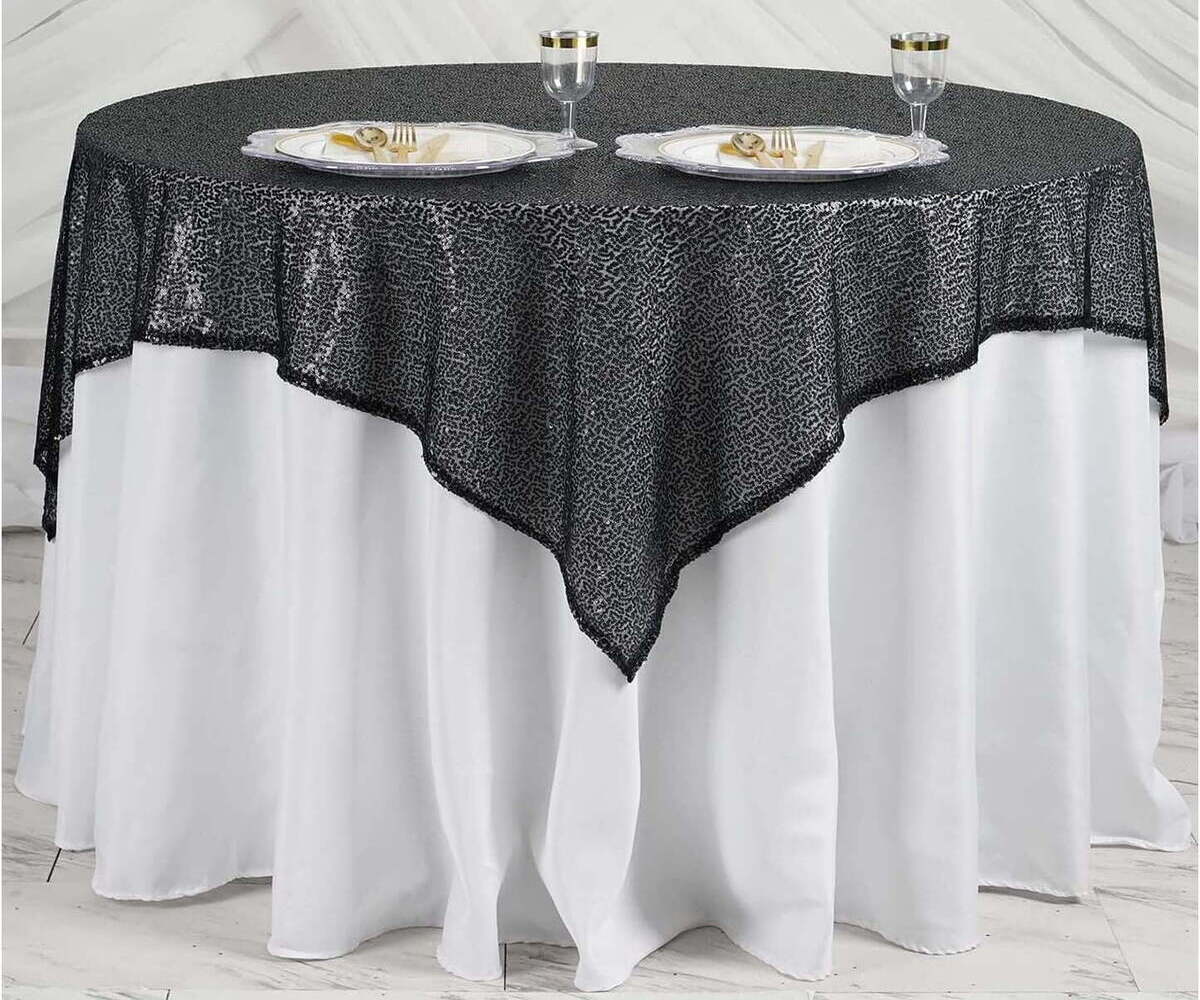
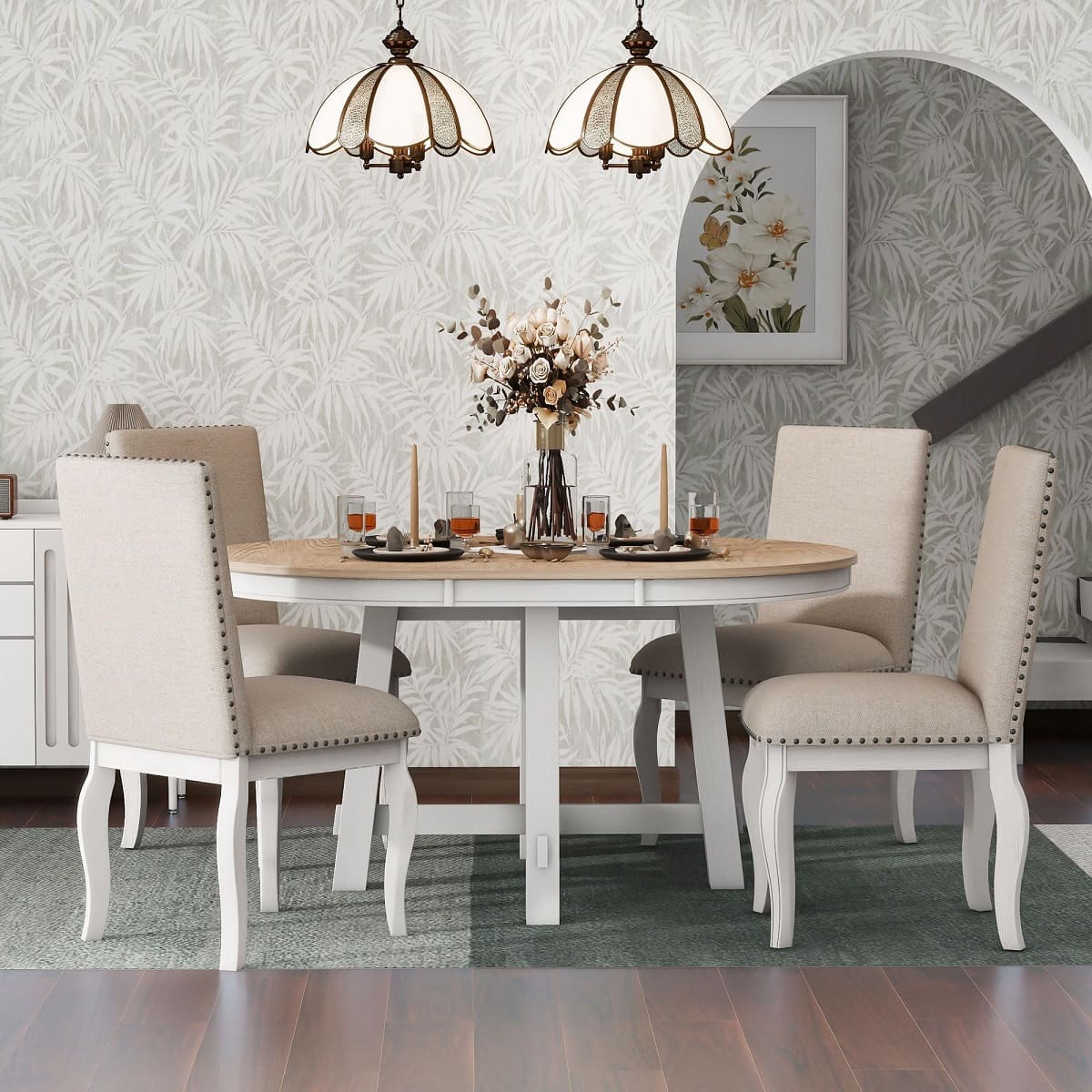
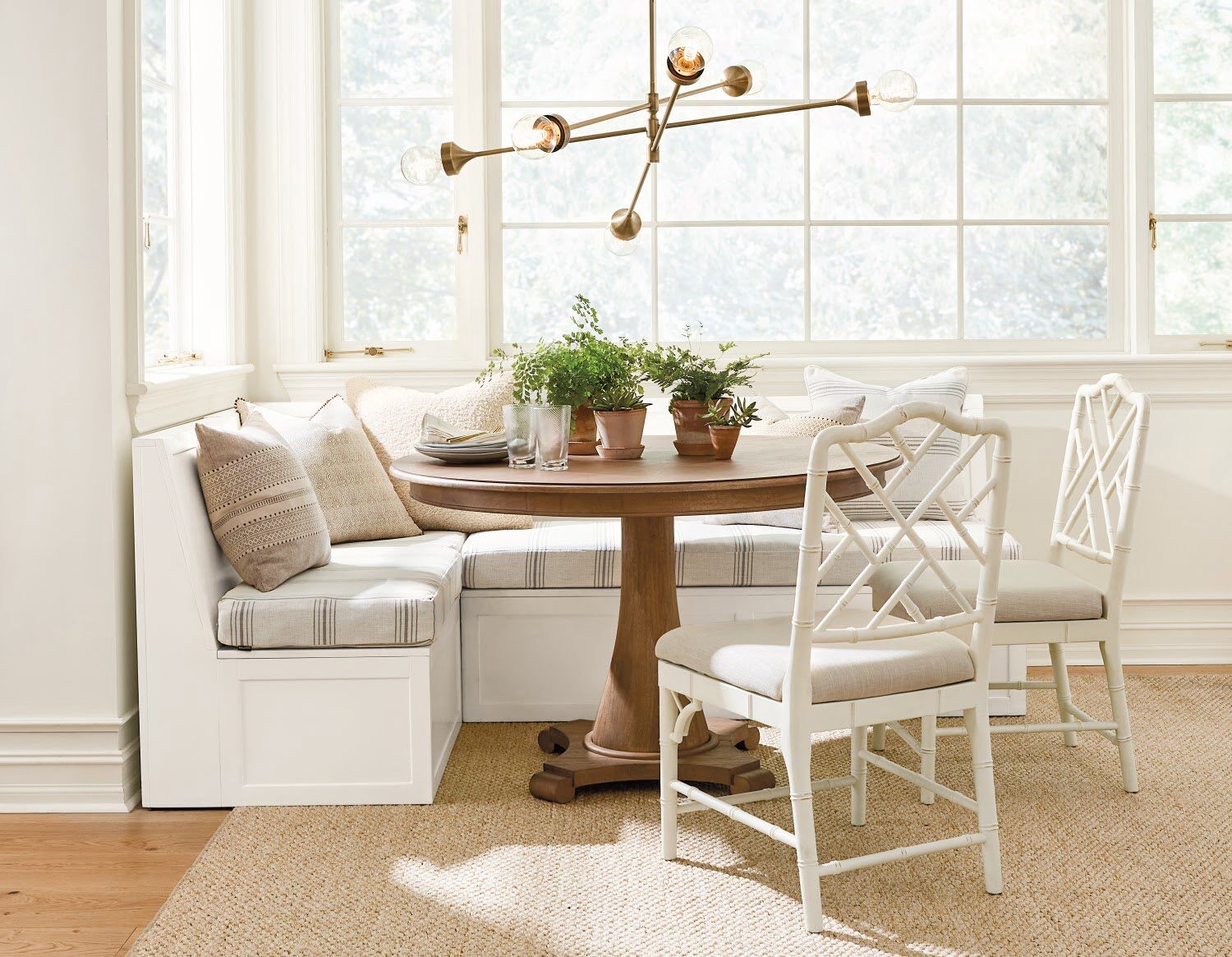
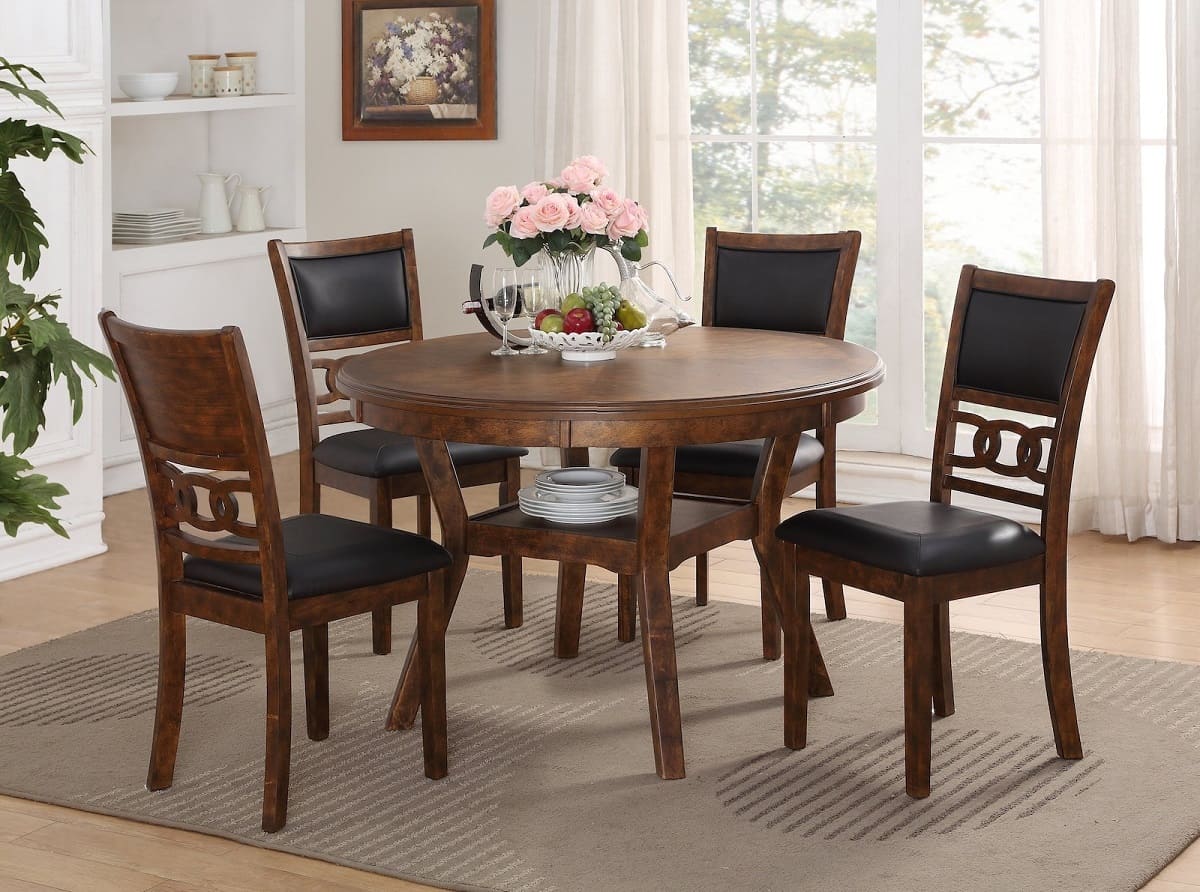
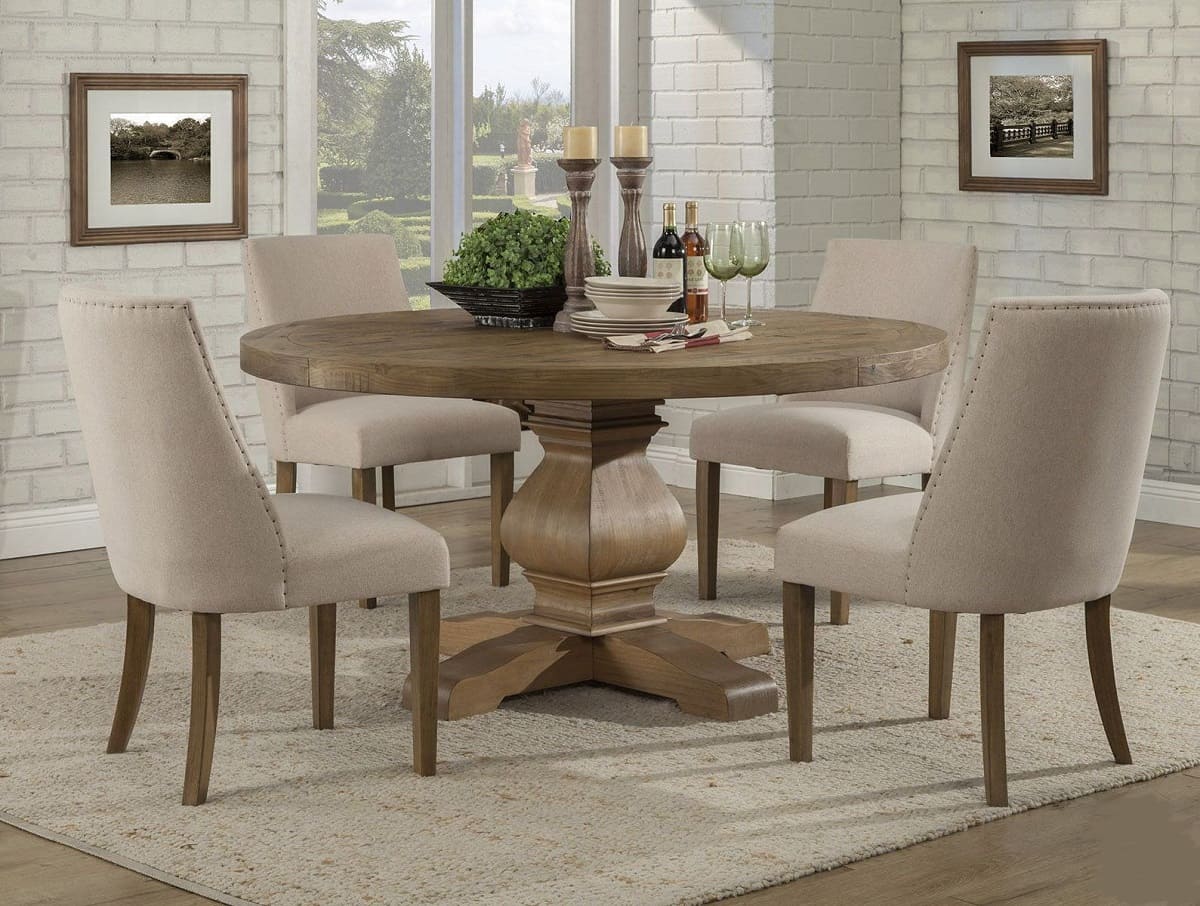
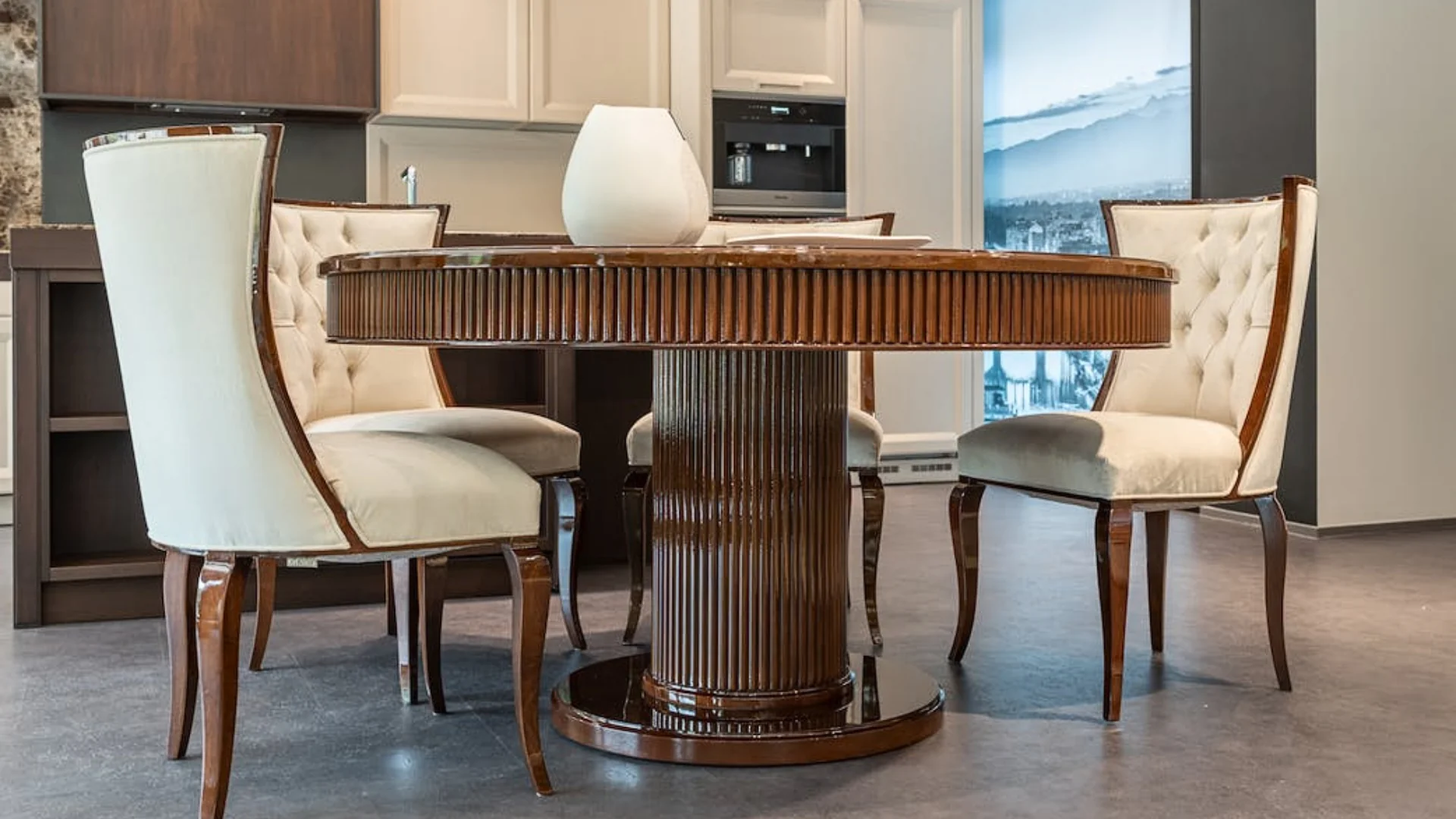


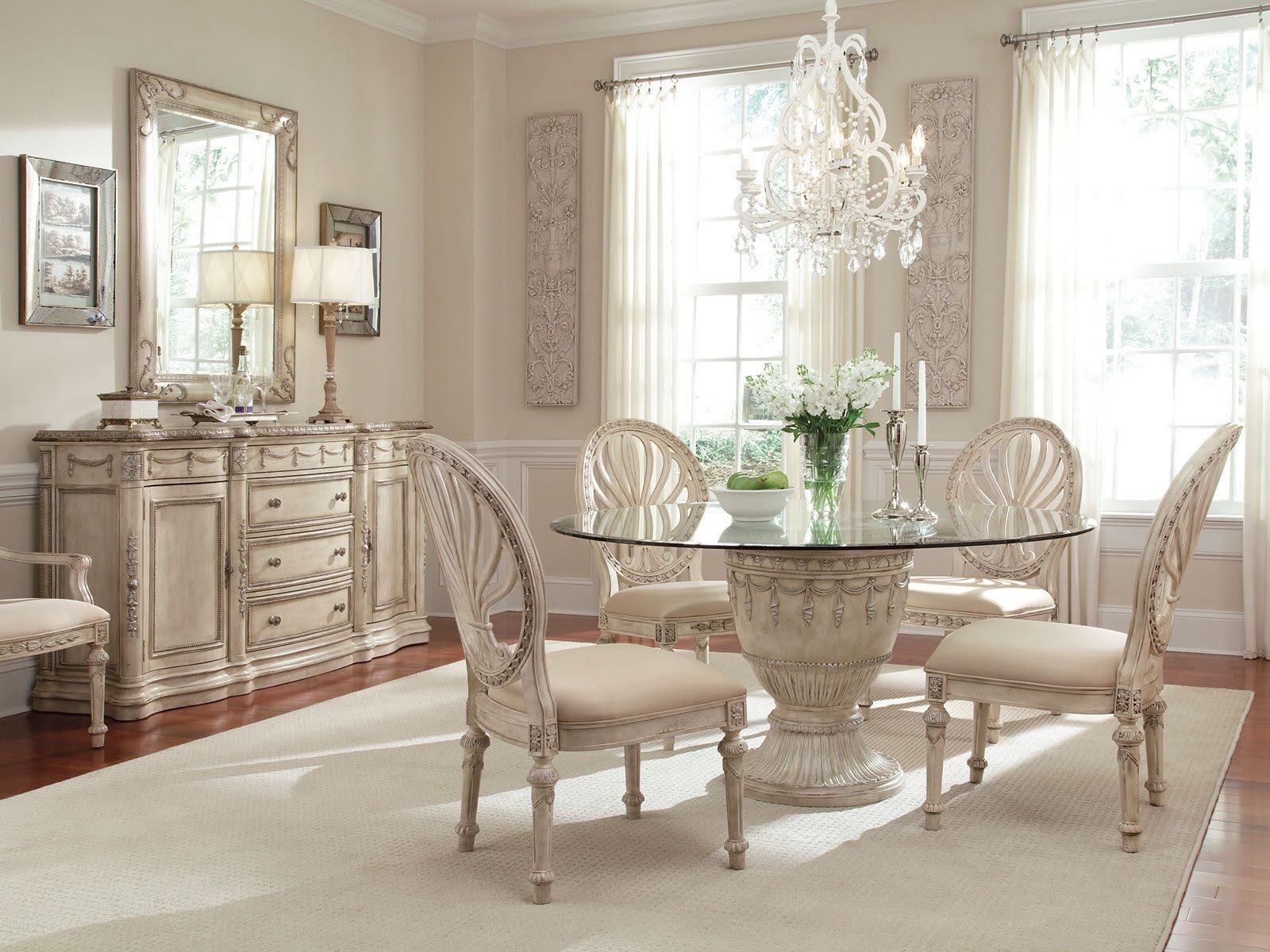
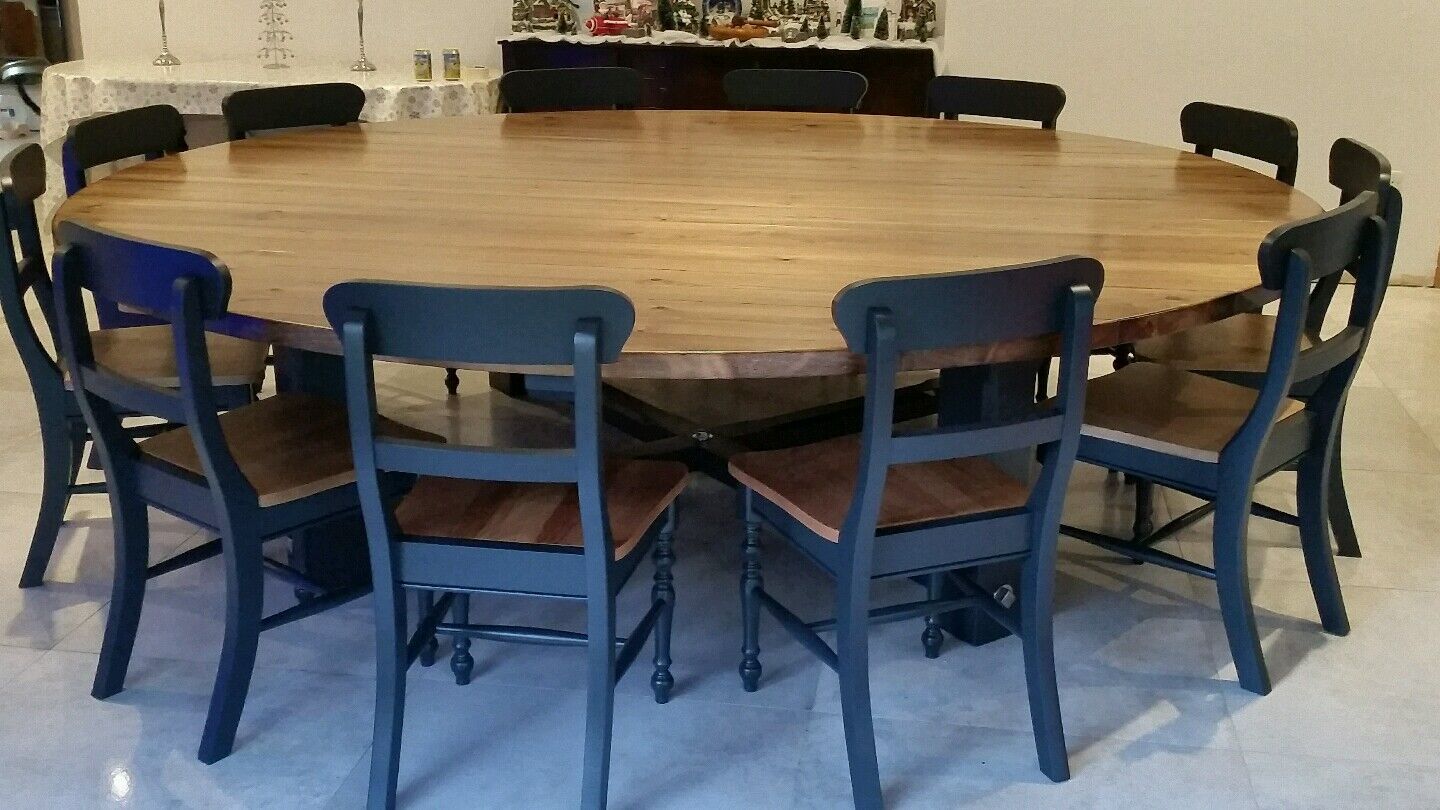
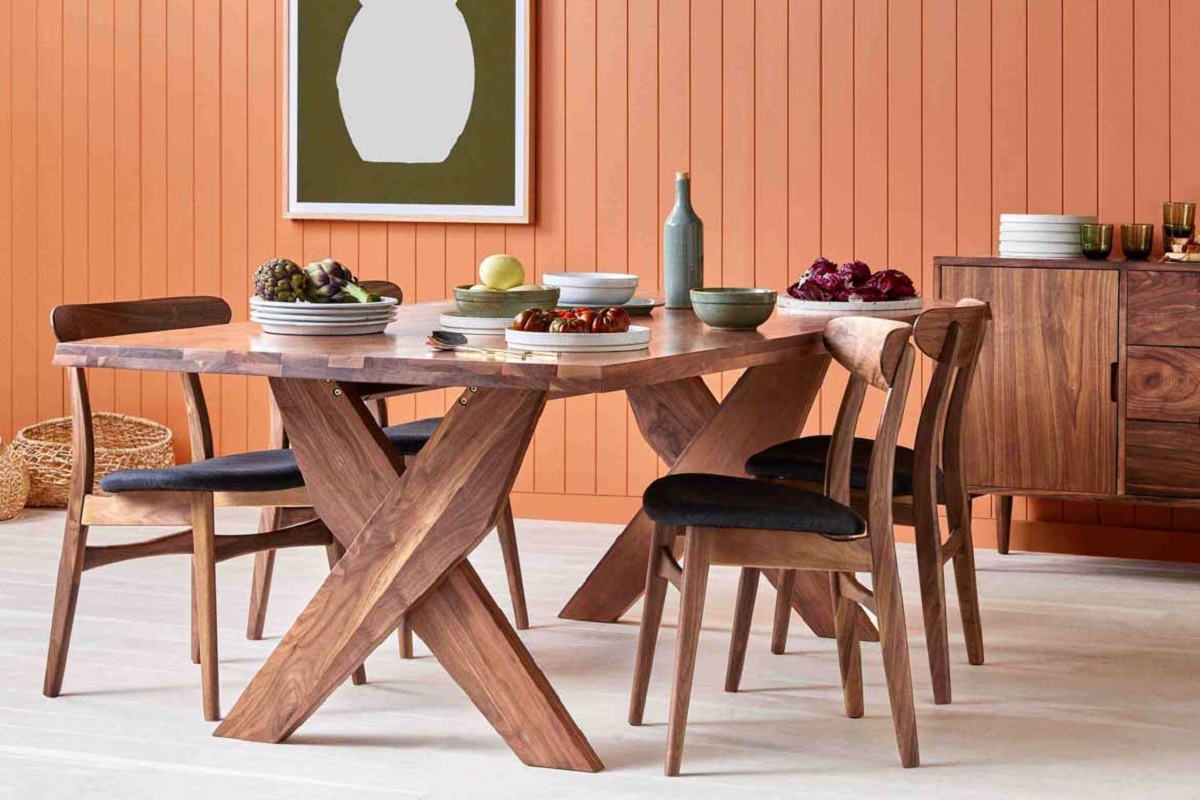
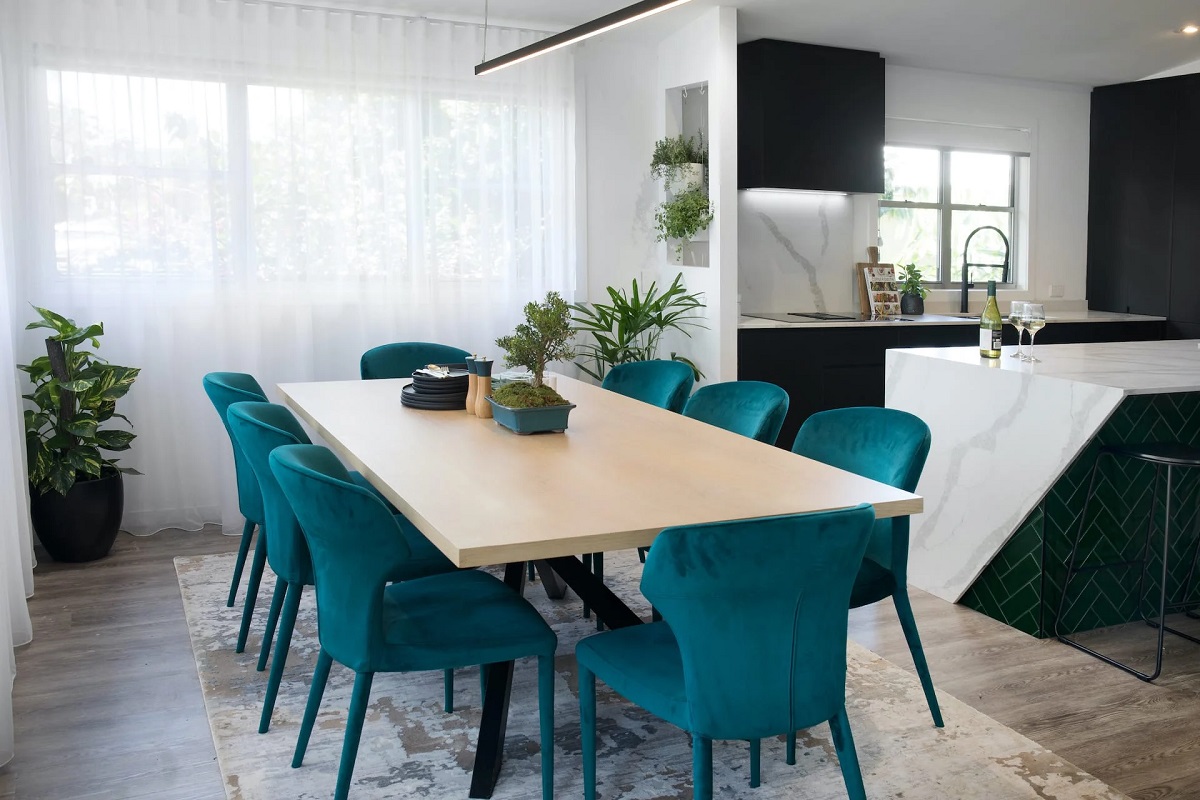
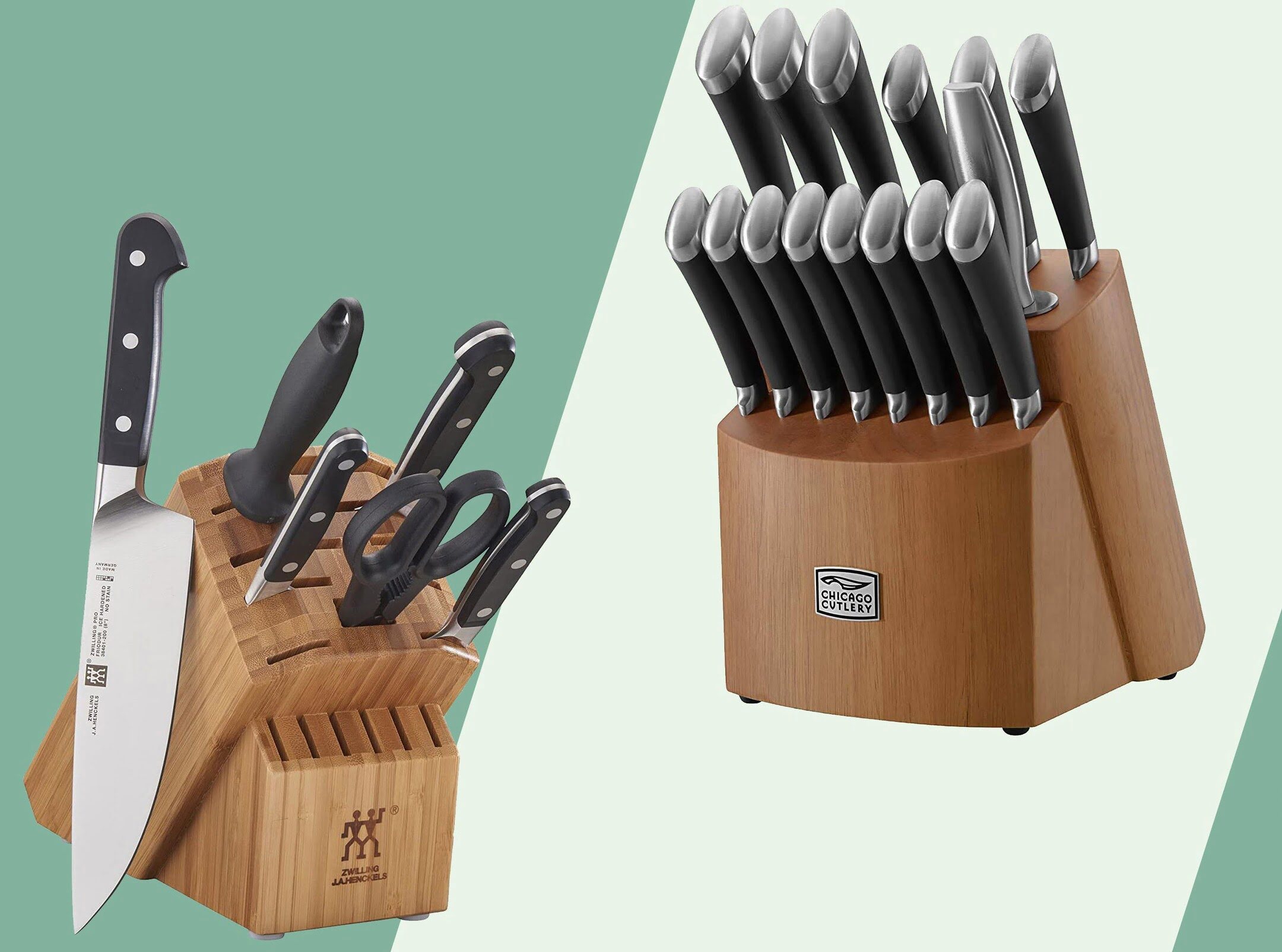

0 thoughts on “Which Is Better: Round Or Rectangular Dining Table?”